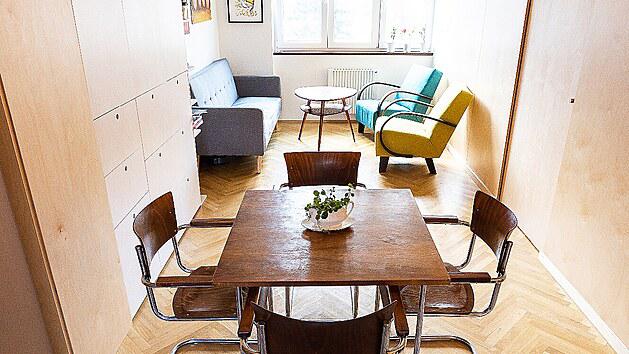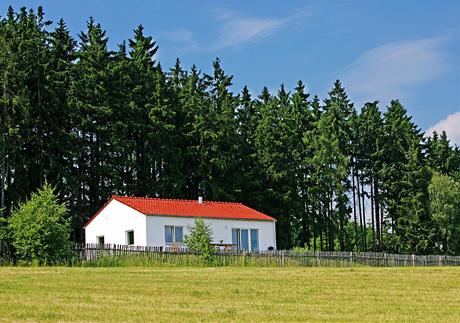
How to save money during house renovation and also shorten its duration
Reconstructing a house takes quite a long time. It's not for half a year, as you thought at the beginning. Even if construction companies will work on the house, count on two to three years. If it is self-built, even three times as much.
However, a large part of that time is taken up by preparation. This means preparing a study and project, negotiating with the authorities and obtaining a building permit. It is usually half a year to a year. And it is at this stage that you can save several months of time.
The usual process is that the designer or architect will target the house, prepare a study, you will approve it and the project will be processed, which will take approximately the first five months.
Reconstruction progresses faster with a construction company.
Then you take the documentation to the office, the official will tell you his comments and you will find out which neighbors and concerned authorities will comment on the documentation. The authorities concerned are, for example, the Department of the Environment, firefighters or conservationists.
You have the documentation edited, take it to the relevant authorities for comment and start looking for neighbors. In the meantime, three to four months will pass. When you have all the documents together, you submit an application for notification or a building permit to the building authority with all the statements you have painstakingly collected.
If everything goes smoothly, the building authority will issue approval with "Announcement" or "Permit", this will take one to four months. The described process therefore took ten to thirteen months.
How to speed everything up
You can't do much with office deadlines. But you can work with the first two phases of construction preparation, which can take place almost at the same time. How to do it?
Visit the building office as soon as you have the study in hand and you know that the appearance of the house and the concept of the building will not change. Consult the house at the building office. Let the office's comments be incorporated into the study, supplement it with an accompanying report.
Photo galleryView photo gallery |
In addition, fill in any other information required by the concerned authorities. For example, preservationists need better detailed views, firefighters a fire report and the Department of the Environment data on a used boiler or waste disposal. So it's not just the study itself, you need more of that information, but even so, the entire project is far from necessary.
Prepare the views and the situation of the plot for the neighbors, far more than the quality of your wooden floor, they will be interested in how much the house will grow and if you won't be looking into their bedroom. There is no need to wait until you have completed the entire project for the neighbors' comments either.
If you time it well, at the same time as the project, you will have all the other necessary attachments in hand so that you can submit them with the application to the building authority. At first glance, it seems like a small thing, but you have just saved some three or four months of time, when you do not have to pay rent in an apartment and extra money for reworking project documentation. The saved finances will be useful, for example, for a better kitchen unit.
In a nutshell:● Reconstruction of a house takes an average of two to three years.● Project and permits make it half a year to a year.● You can save three to four months on obtaining statements from the authorities concerned.
The next two installments of the How to save money when renovating a house series will be devoted to construction costs and overhead costs.
A new roof including trusses represents both a large financial expenditure and careful preparation.
Interiors of old houses tend to have interesting construction details that are worth preserving.
About the author of the articleIng. Martin PerlíkGraduate of the Faculty of Civil Engineering at the Czech Technical University in Prague (2003), authorized civil engineer. His motto: "I believe that it is not necessary to stop more and more meadows and fields, so I help people find a way to make new use of their older house." He has his professional blog, organizes educational lectures, publishes articles in professional magazines. His book Reconstruction of a house - 100 tips was published by Grada publishing house. It focuses on assessing the condition of family houses before purchase and renovation projects. |







